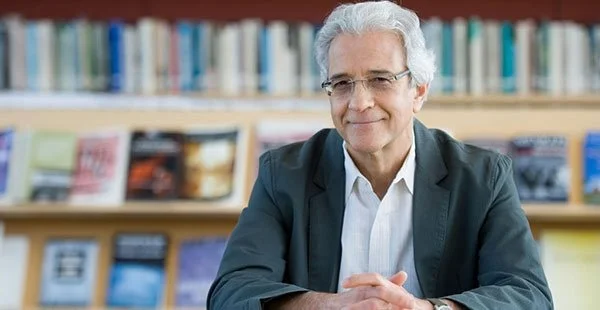The escalating use and misuse of Holocaust imagery and Nazi comparisons in contemporary political life and popular culture is a disturbing trend that is worrying, and dangerous. This phenomenon, on a scale unprecedented in American political culture, demands that we understand and engage those who politicize Holocaust memory. Is Holocaust memory uniquely susceptible to such abuse and distortion? Can we protect its accurate representation? Join us for a conversation with Omer Bartov, John P. Birkelund Distinguished Professor of European History at Brown University. The program will be moderated by Steven M. Wasserstrom, Moe and Izetta Tonkon Professor of Judaic Studies and the Humanities Reed College. The program is co-sponsored by the Holocaust and Genocide Studies Project at Portland State University, the Never Again Coalition, and OJMCHE.
Watch a recording of this event here.
This program is the inaugural lecture of the Herbert and Ella Ostroff Endowment Fund.
Ella Ostroff was a Hungarian survivor who, along with her mother, two of her three sisters, and her brother, were deported to Auschwitz in 1944. Ella’s mother and brother were murdered in the gas chambers upon arrival. Ella and two of her sisters survived for nearly a year shuffling between Auschwitz, Birkenau, and Dachau. After being liberated by American soldiers on April 30, 1945, they lived for two years in a displaced person’s camp where they were reunited with their oldest sister. The sisters immigrated to the United States on September 21, 1947. Ella met Herbert in 1948 in upstate New York. They eventually settled in Portland, Oregon where they raised three children.
Herbert and Ella believed that education is the best way to prevent another Holocaust. Through living testimonies of survivors and on-going education about how the Holocaust happened, they believed that future generations would learn from the past and the experiences that Ella and her family endured during Second World War will never happen again.

